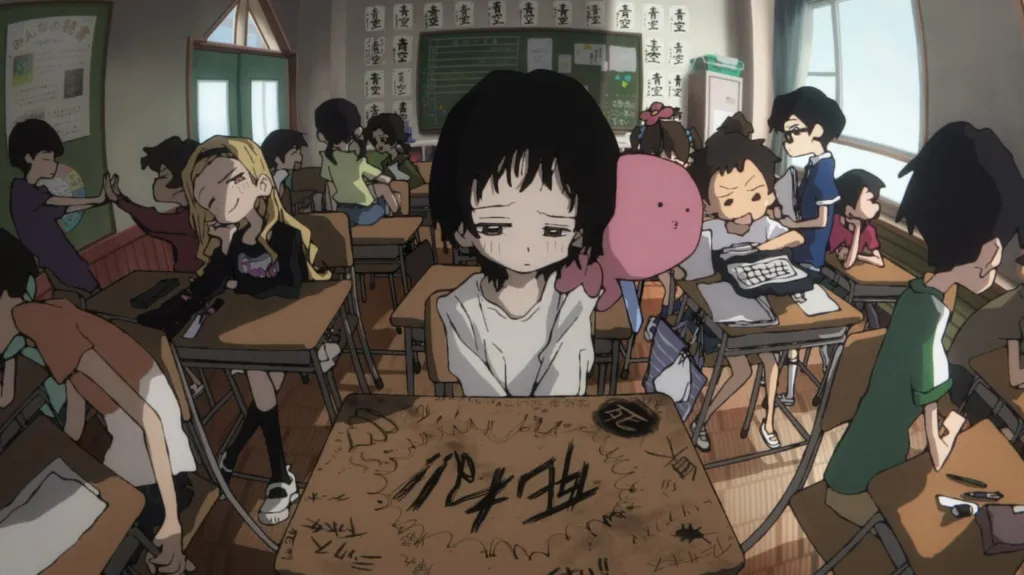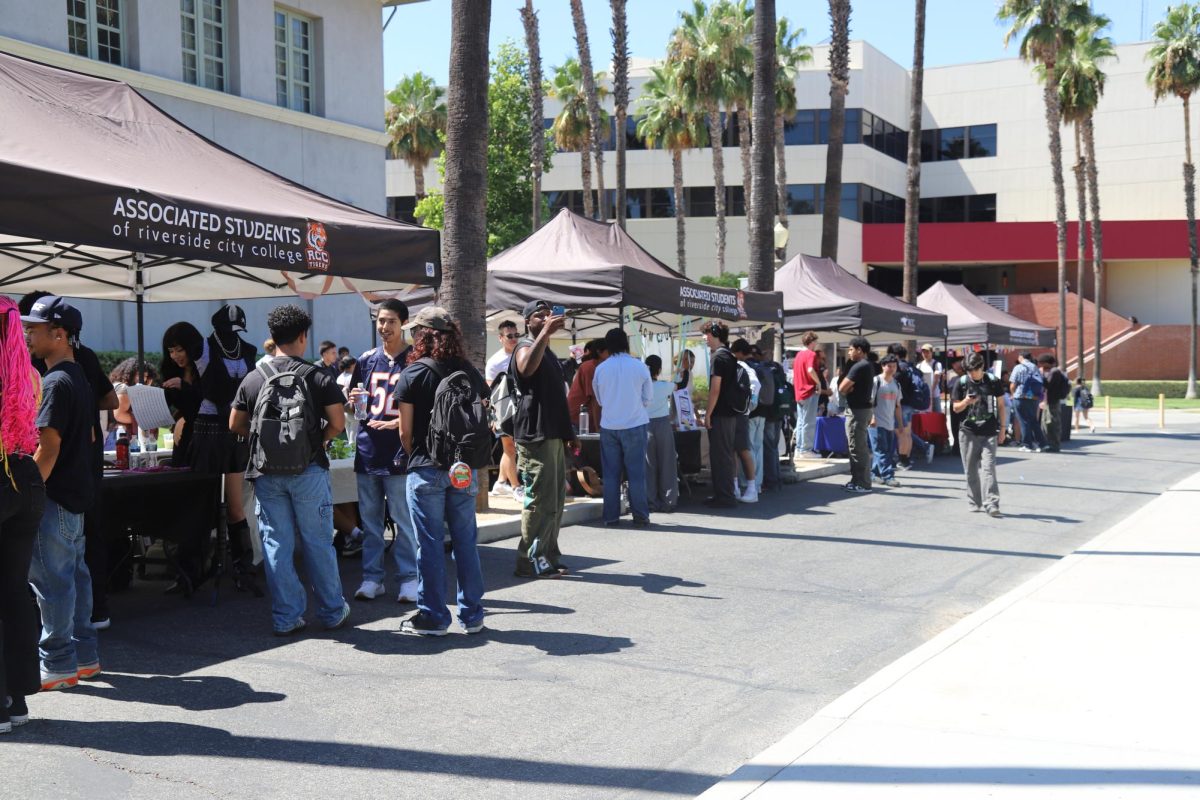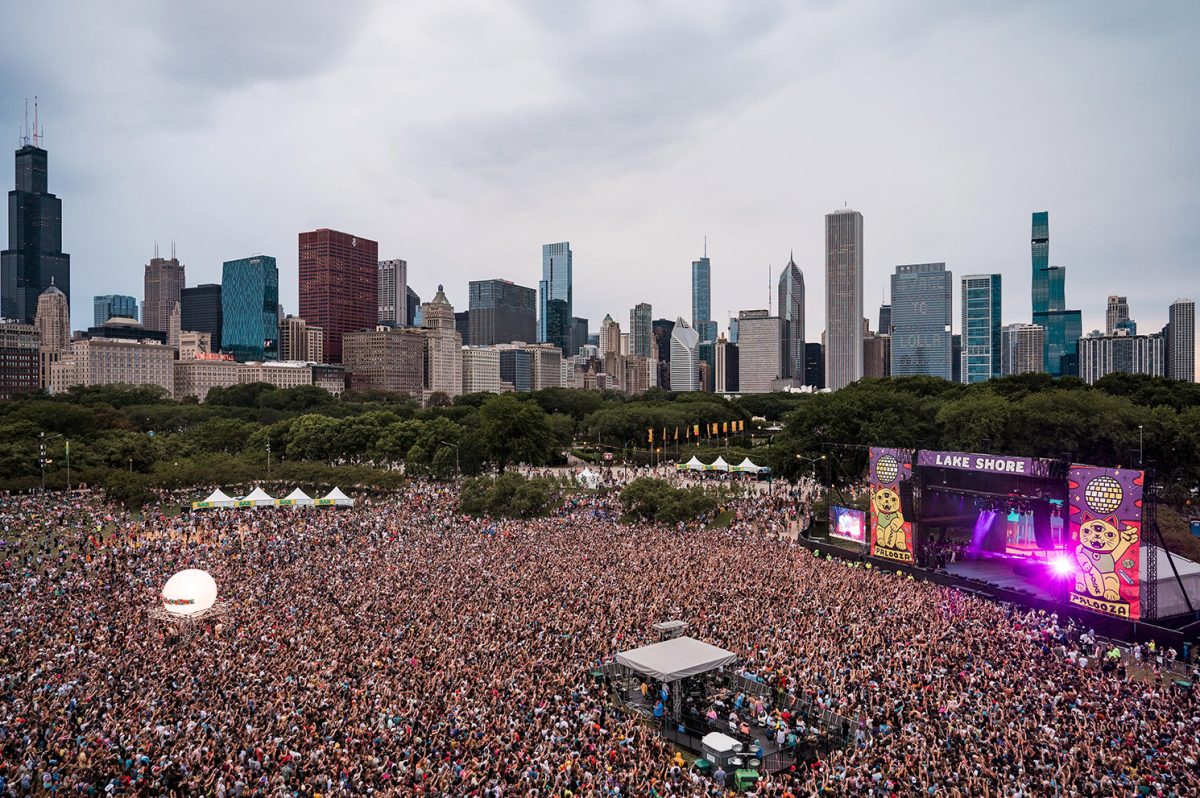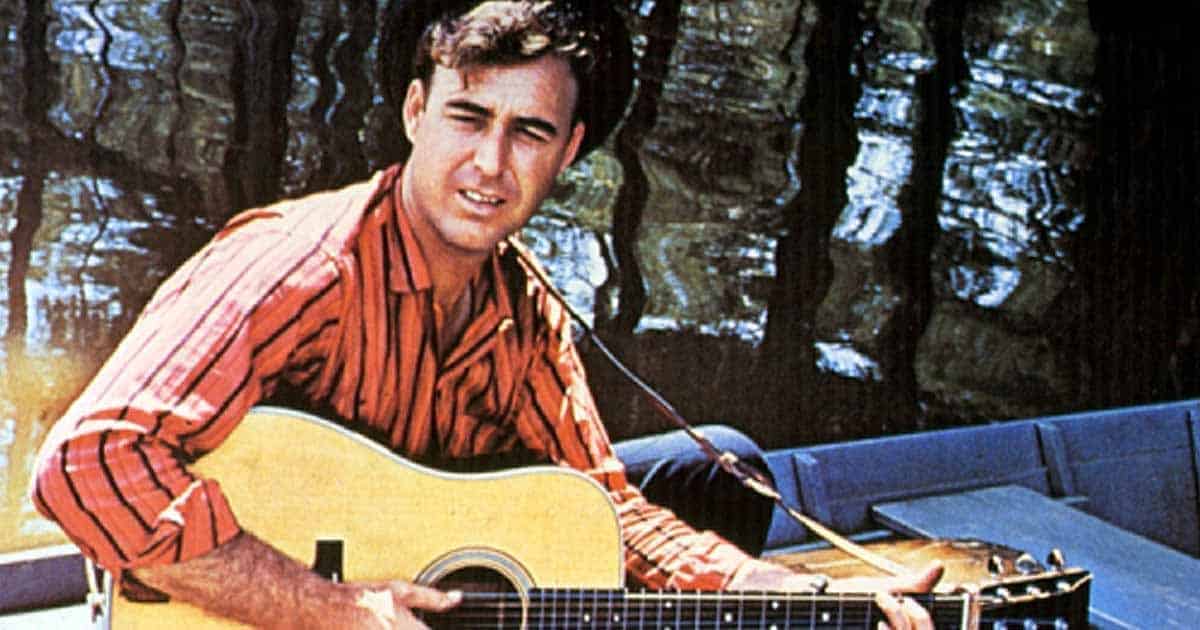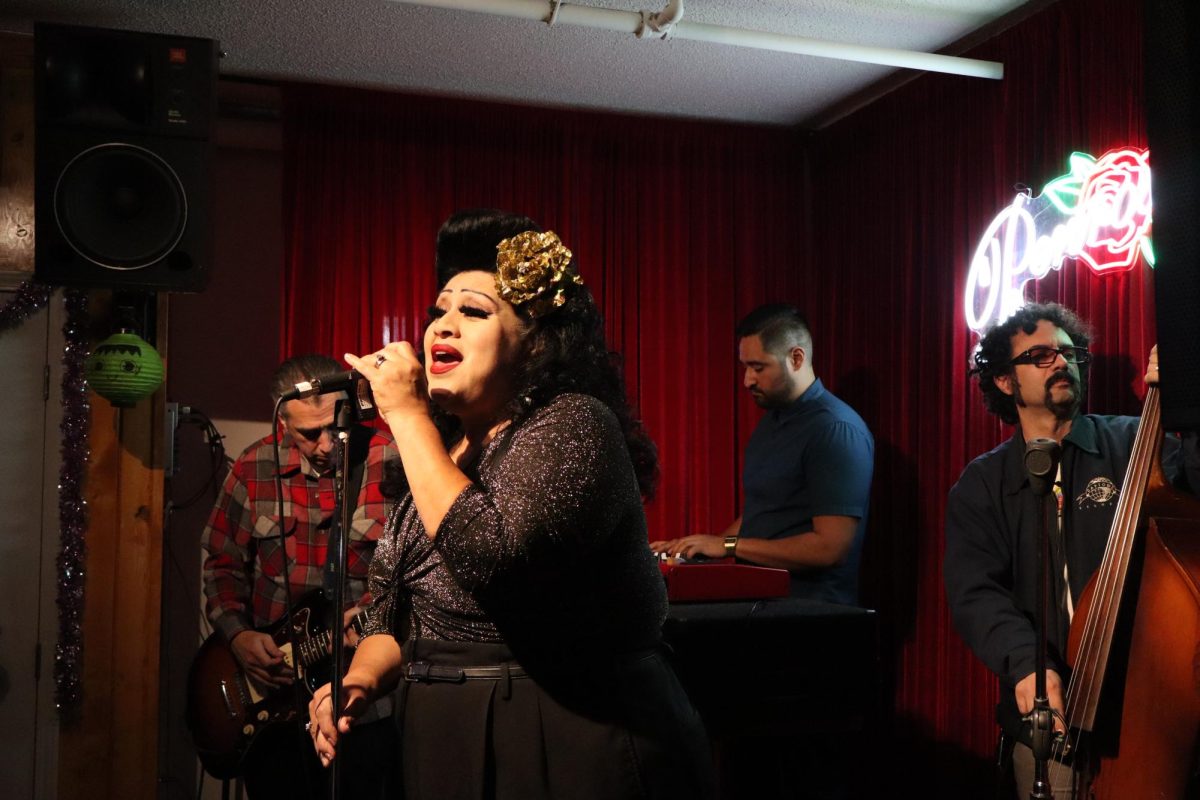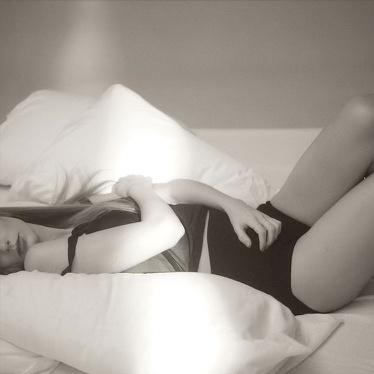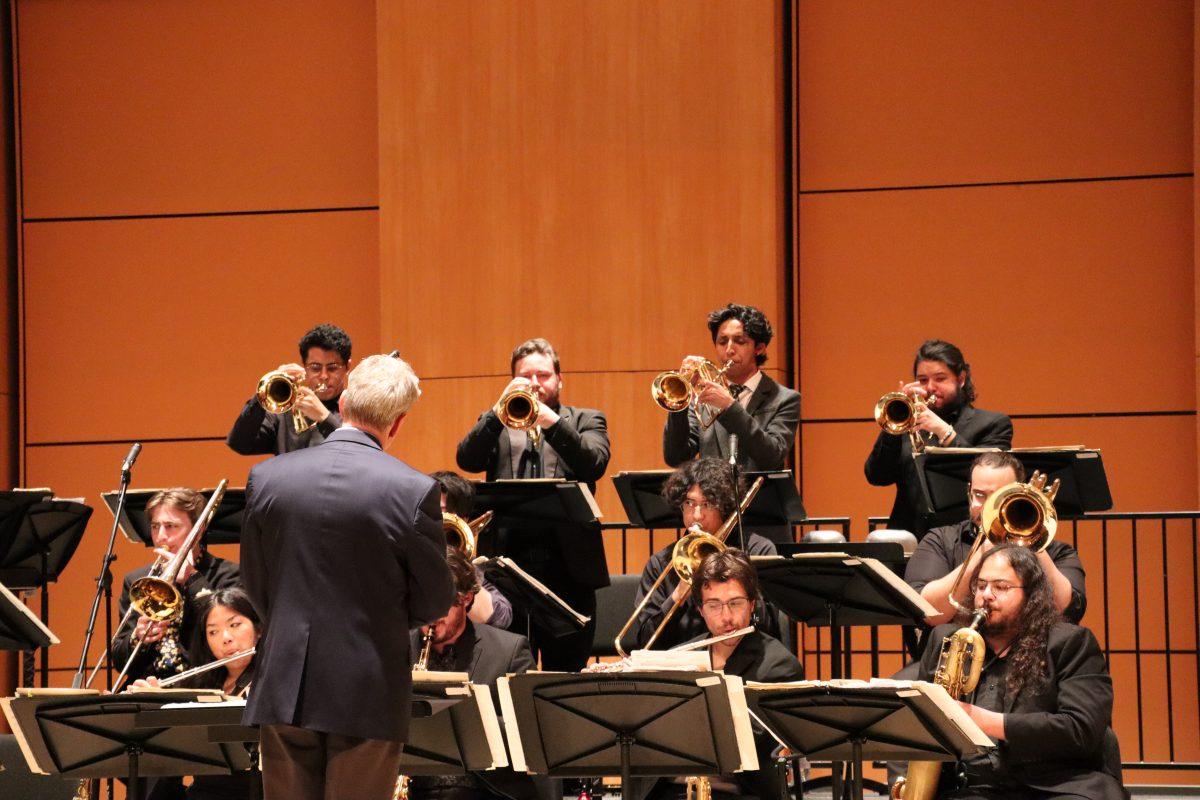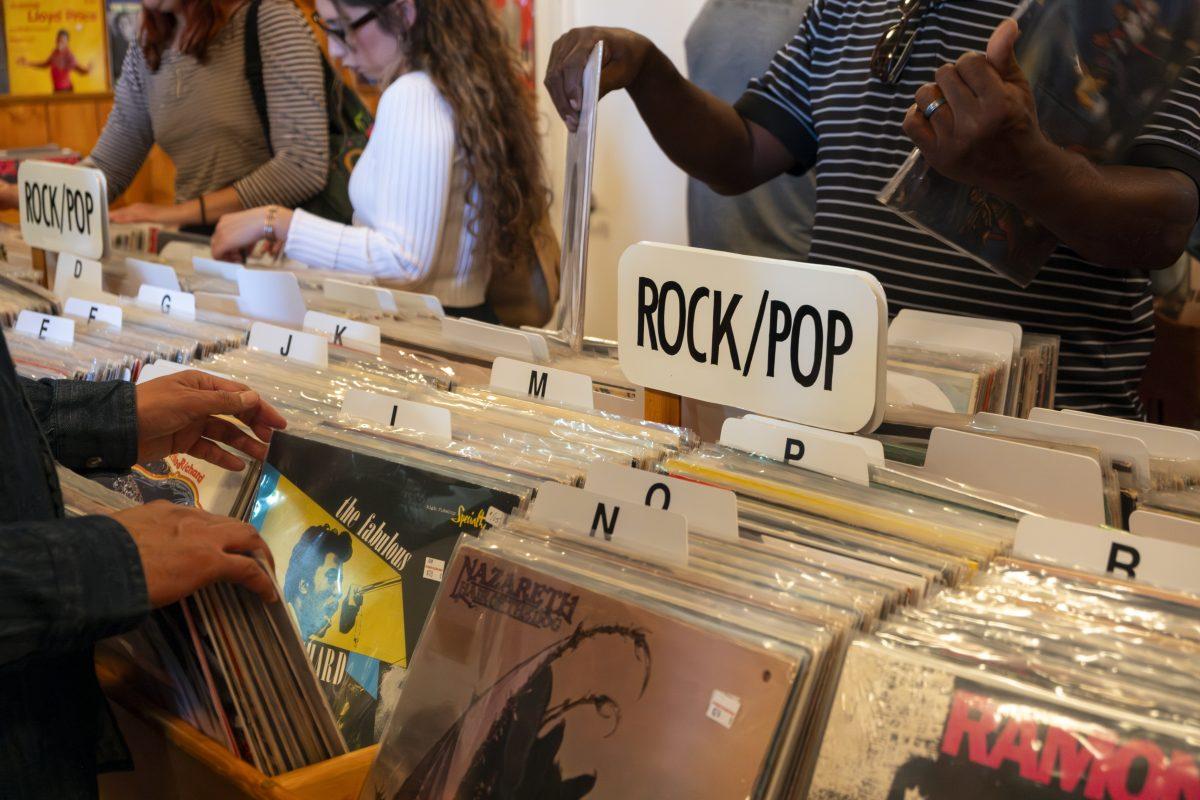By Erene Abdelmeseeh
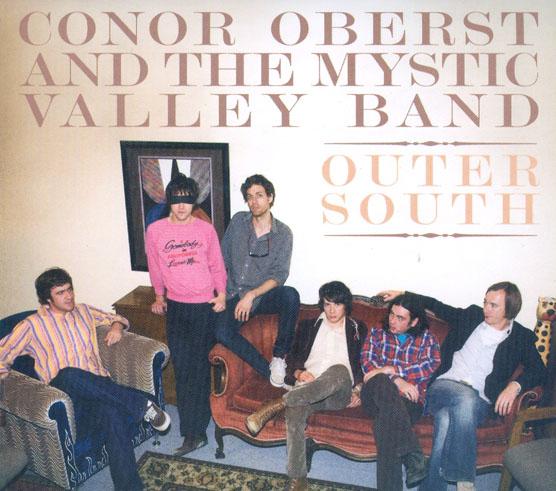
(Merge Records)
By Erene Abdelmeseeh
Conor Oberst is back and he’s a lot happier than usual.
The introspective angst quality of Bright Eyes has been stripped away as Oberst’s second self-titled album emerges with blissful odes and acoustic lullabies.
Last year, Oberst set aside his Bright Eyes moniker and teamed up with the Mystic Valley Band for a second time to begin work on their newest album, “Outer South.”
The band headed south to a Mexican mountainside then continued their travels across the United States to gain the inspiration only experience can bring.
“Outer South” is upbeat alt-folk with such similarity between the harmonies of each track you have to check and make sure you didn’t hit the repeat button; the stronger songs that do standout though tremendously outweigh the weaker ones.
The album embraces a new found acceptance of disappointment, not necessarily with the mentality that life is flawless, but more of a “s*** happens” attitude.
This new blissful outlook on life may seem as uncharacteristic of the Bright Eyes front man as Lil’ Wayne ditching the “lollipops” to rap about equality among the sexes.
Nevertheless, it is a coming of age moment for the almost 30-year-old Oberst as he leaves behind teenage angst for a more mature understanding of life.
It is not a masterpiece, but then again, you can’t really compare it to previous works because of its distinctive differences from prior albums. Besides, the reason why anyone listens to Oberst in the first place is to hear what he has to say and “Outer South” lyrically meets the standard most have come to expect of him.
Unlike the “dear diary” laments of previous albums like “Lifted or The Story Is in the Soil, Keep Your Ear to the Ground,” “Outer South” embraces optimism with songs about being there for friends as well as learning to tolerate people’s flaws and cope with life’s heartaches and letdowns.
The album begins with “Slowly (Oh Slowly),” a laid-back ode to taking it easy that encompasses the dreamy feel of the album.
That does not necessarily mean that it’s all optimistic, the same recurring themes are still here: drugs, politics and religion.
“Roosevelt Room” delivers angry political cries.
Lyrics like, “There’s no oil in the lamp/ And I’d like to write my congressman/ But I can’t afford the stamp,” are written with a recession-era mindset that many can relate to.
For the first time in his 16 year career, Oberst shares song writing and lead vocal duties with his band mates, which isn’t necessarily a bad thing.
For the most part, songs like Nik Freitas’ “Big Black Nothing” standout on the album.
Freitas’ sensual voice appropriately combines with its captivatingly eerie harmony, adding variety to an album filled with similar sounding melodies.
However, songs like Taylor Hollingsworth’s “Air Mattress,” an ode to van sex, could have been removed from the album without any complaint.
Its annoying synthesizer blaring in the background seems like it would be the worst aspect of the song, but Hollingworth’s voice and absurd lyrics make you wonder why he was given an entire track.
Although most of the tracks are written and sung by his band mates, Oberst still manages to steal the show.
Oberst’s “White Shoes” is the pinnacle of the album as he strips down to bare vocals and guitar for a moment of solitude in an otherwise effervescent album.
Although it does not deliver the expected distinction as previous albums, “Outer South” does include songs that will intrigue Bright Eyes fans and new listeners.
Whether Oberst’s newfound optimism will continue or cease in the albums to come is unknown, but it can be expected that Oberst will deliver inventive music as he persists to grow as a musician.


